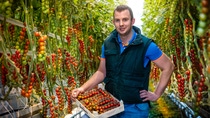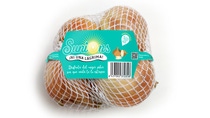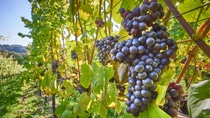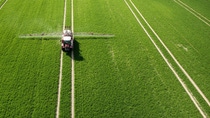Agricultura
Soluciones para acelerar la transformación agrícola
La agricultura debe someterse a una transformación masiva, con el fin de proporcionar suficientes alimentos para la creciente población y minimizar el impacto de la agricultura en el clima y el medio ambiente. Nuestras innovaciones apoyan esta transformación y ayudan a encontrar el equilibrio adecuado para el éxito: para los agricultores, para la sociedad y para las generaciones futuras.
Portfolio de innovaciones que apoyan los principales cultivos en todo el mundo
Nos centramos en mejorar los resultados en los principales cultivos, como el trigo, la canola, la soja, el maíz, el algodón, el arroz, así como las frutas y verduras, que representan más del 50% de las tierras agrícolas del mundo, según estimaciones de la Organización de las Naciones Unidas para la Alimentación y la Agricultura (FAO). Dentro de estos cultivos principales, continuamos innovando en nuestra cartera de semillas y rasgos, tratamiento de semillas, protección biológica y química de cultivos, así como soluciones de agricultura digital, y lanzaremos importantes proyectos de cartera en todas las áreas comerciales para 2032.
Los agricultores pueden seguir confiando en nosotros para innovar y ofrecer nuevos ingredientes activos, formulaciones innovadoras y rasgos para obtener más valor de su producción, tanto económica como ambientalmente.

Portfolio inigualable de manejo de malezas para soja
BASF está avanzando en varias soluciones de manejo de malezas, combinando nuevos modos de acción de herbicidas ingredientes activos con rasgos innovadores y tecnologías de agricultura de precisión en cultivos importantes como la soja. Estas soluciones facilitan prácticas agrícolas climáticamente inteligentes y ambientalmente responsables, como la labranza mínima y el uso eficiente de los productos químicos de protección de cultivos.

Soluciones para mejorar los resultados en arroz
Los agricultores que cultivan arroz enfrentan una creciente presión de malezas resistentes, enfermedades e insectos plaga. BASF apoya activamente a los agricultores para superar estos desafíos a través de un amploa portfolio de tecnologías. Se esperan múltiples productos químicos y formulaciones nuevas antes de mediados de la década destinadas a mejorar los resultados en el arroz.

Innovaciones para frutas y verduras para reducir el desperdicio y la pérdida de alimentos
BASF tiene como objetivo mejorar la calidad y el sabor de las frutas y verduras, y reducir la pérdida y el desperdicio de alimentos a través del mejoramiento de semillas y las innovaciones en química y digital.
¿Por qué la innovación en la agricultura es más importante que nunca?
Incluso en los tiempos más difíciles, pocas cosas son más importantes que la agricultura. Dependemos de ella para alimentos, combustible y fibra. Es crucial para la economía mundial y para nuestra propia existencia. Para 2050, los agricultores tendrán que alimentar a unos 9.700 millones de personas, 3.000 millones más que ahora. Para ello, los agricultores tendrán que producir tantos alimentos como se han consumido en toda la historia de la humanidad, aumentando la productividad en un 50%. En BASF, estamos aquí para ayudarlos.
Estamos comprometidos con las innovaciones que logran el equilibrio adecuado entre productividad y sustentabilidad en la agricultura, ayudando a los agricultores a producir no solo más, sino también un mejor rendimiento. Por lo tanto, nos centramos aún más en las necesidades de nuestros clientes y les aportamos innovaciones sustentables, a través de semillas, protección de cultivos y soluciones digitales, integradas en las operaciones y prácticas agrícolas. Basándonos en nuestra larga cultura de colaboración y a través de la asociación y la colaboración, podemos ofrecer estas soluciones innovadoras más rápido y ayudar a satisfacer la creciente demanda de alimentos de manera más sustentable.
De esta manera, apoyamos a los agricultores de todo el mundo para lograr un mejor rendimiento: rendimiento producido de manera que sea valorado por la sociedad, sea amable con el planeta y ayude a los agricultores a ganarse la vida.


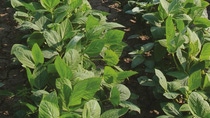
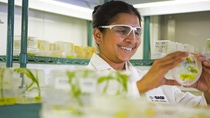
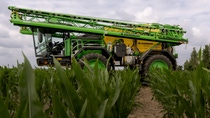
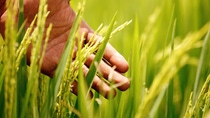
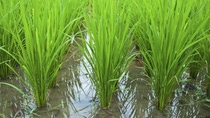
%20FIELD%20MANAGER%20.jpg)
